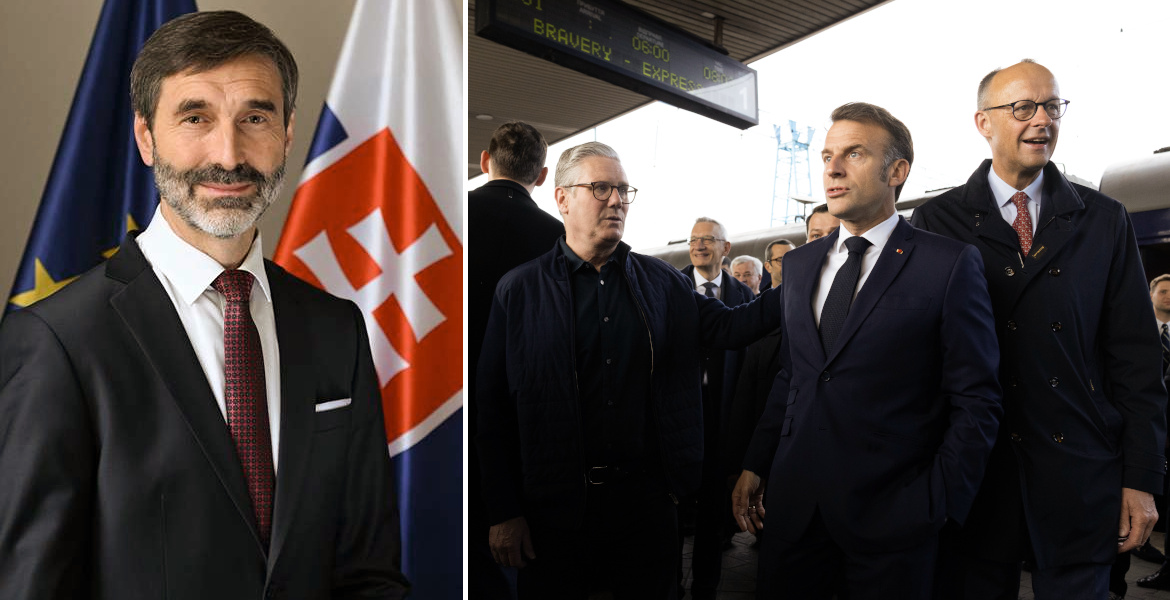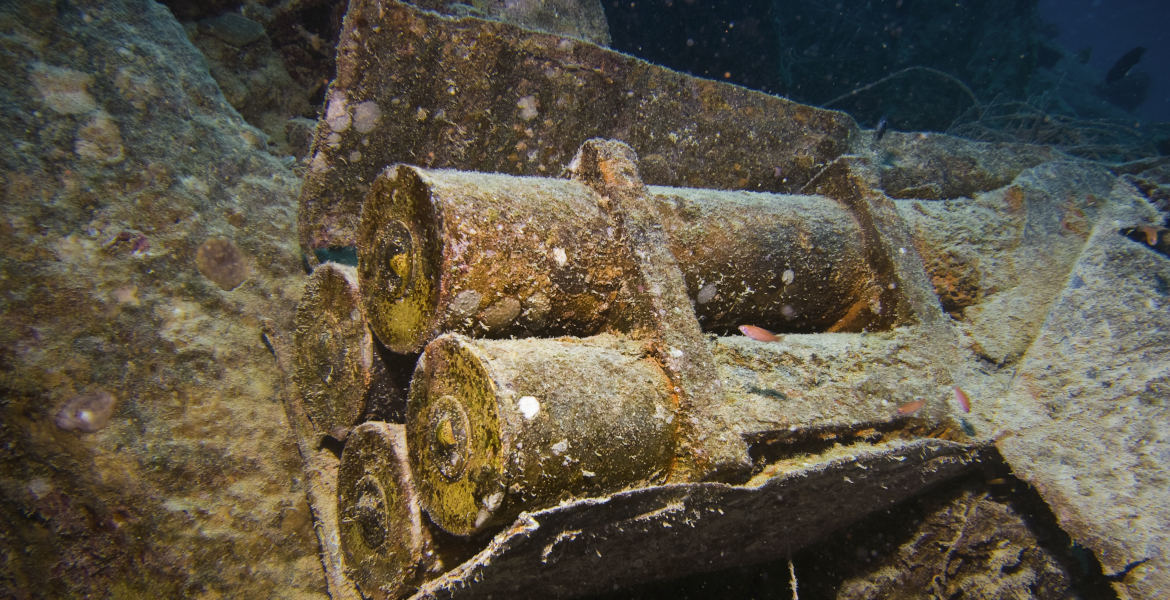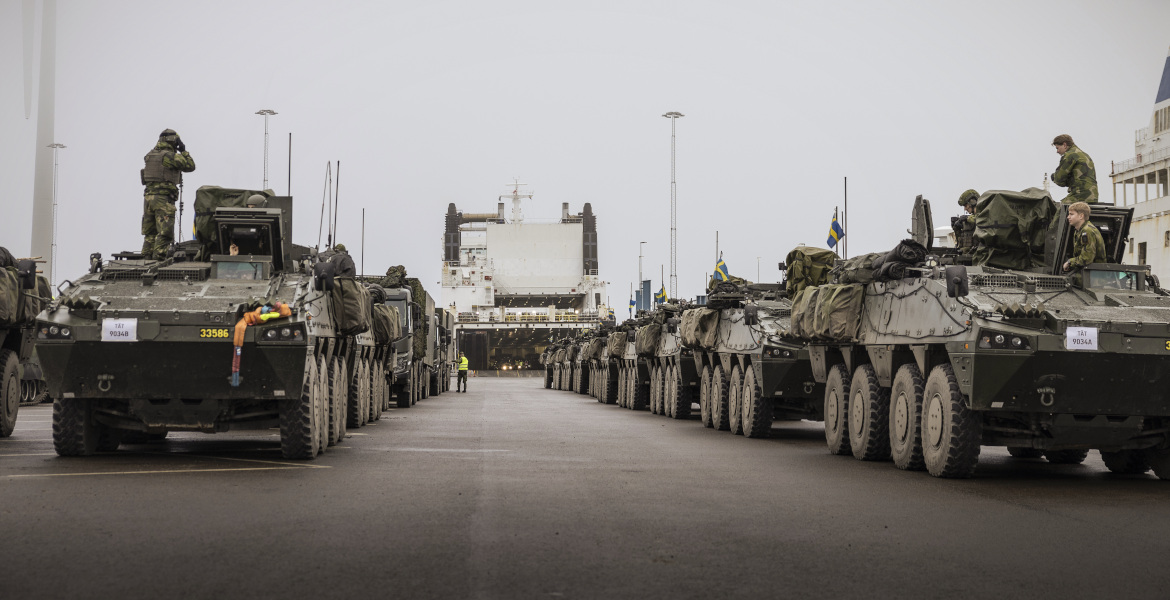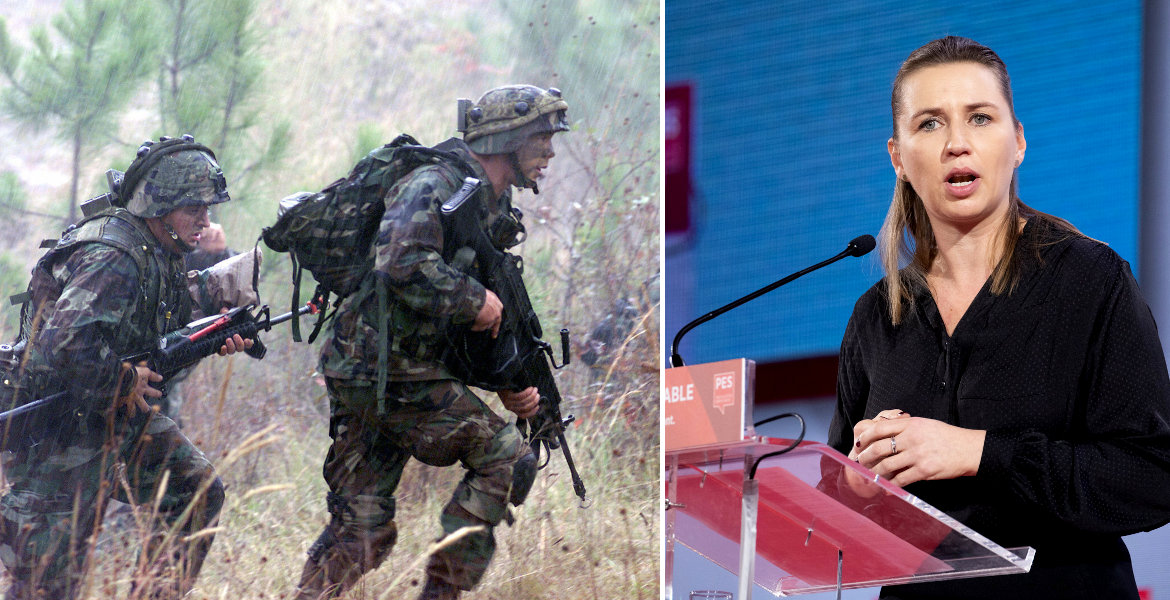The ‘green’ candidate Pekka Haavisto has conceded defeat, and it is clear that the liberal-conservative Coalition Party’s Alexander Stubb will be Finland’s next president.
– This is the biggest honor of my life. This is the greatest task a person can have, he says.
With 51.6 percent of the vote – compared to 48.4 percent for Haavisto – Stubb succeeds Sauli Niinistö, who has held the post for 12 years.
– I think Finland will have a good president. Alexander Stubb is a knowledgeable person, the defeated Haavisto told Finnish state broadcaster Yle.
Voter turnout in the second round of the presidential election dropped to 70.7 percent from about 75 percent in the first round.
Stubb campaigned as a “unifying force” in Finland at a time when the security situation is worse than it has been for many years. He has also been criticized in the past for having a very positive attitude towards the EU and NATO, and for taking a line against Russia that some of his colleagues found too aggressive.
Boundless support for Ukraine
Finland’s newly elected president also announced that there are “no limits” to the country’s support for Ukraine, promising to rely mainly on the US, the UK and its Nordic neighbors in foreign policy.
– My starting point is, to paraphrase (European Central Bank President) Mario Draghi, whatever it takes, Stubb said of support for Ukraine.
He also vows that Finland will become a very “active” NATO country, with foreign soldiers stationed on Finnish soil, and is also open to nuclear weapons being transported through Finland.
– Sometimes nuclear weapons are a guarantor of peace, he said earlier during a political debate.
Congratulations dear @alexstubb on your election as President of Finland.
With your leadership, experience and European commitment, our Union has a new, strong asset.
Many challenges ahead – we will count on your renowned energy and dedication. pic.twitter.com/Ij5Kw0eoLs
— Ursula von der Leyen (@vonderleyen) February 11, 2024
Alexander Stubb holds a Ph.D. in International Relations from the London School of Economics - and a Masters in EU Administration from the College of Europe, Bruges.
After working as an EU official, he ran for the European Parliament for the National Coalition Party and was elected in 2004. Four years later, he succeeded Ilkka Kanerya as Finland's Foreign Minister - without a seat in Parliament - and between 2011 and 2014 he also served as Finland's Minister for Europe and Foreign Trade.
On June 14, 2014, he was elected leader of the National Coalition Party and nine days later Prime Minister - a position he held until May 2015, when he was forced to resign and became Minister of Finance in the new coalition government.
After his time in Finnish politics, he became Vice President of the European Investment Bank and then Director of the European University Institute in Florence.









